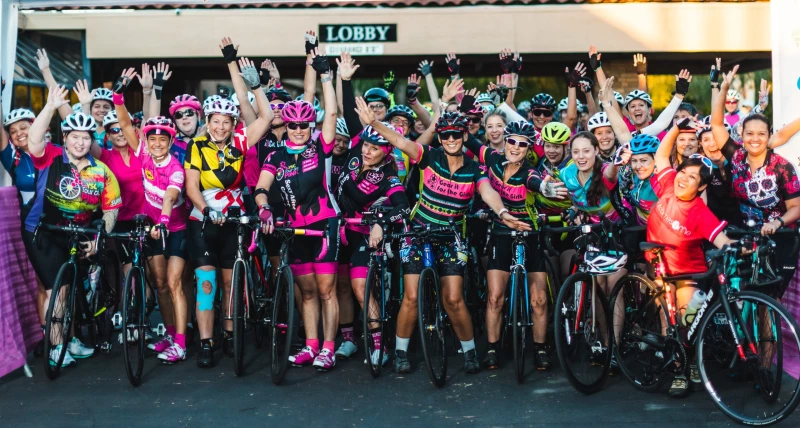As a researcher whose main role is to engage patients and other stakeholders as we design and conduct a breast cancer clinical trial, RadComp, it is surprising to me that the involvement of patients and other stakeholders has not always been part of the picture.
Historically, clinical trials, which provide a majority of the evidence on whether or not therapies work, have not included patients as advisors and research partners. But times are changing, and there are a growing number of clinical trials that are conducted with a core belief that the patient’s voice is paramount to determining whether the results from a clinical trial are meaningful to patients. Patients can also help researchers understand why certain parts of their study design may not be attractive to patients, such as having to do a lot of scans or blood draws.
Why is this important to you?
Your voice is important! Know that more clinical trials are being designed with patients in mind –and some of the patient-friendly changes you see may have been due to the suggestions of patient advocates. Remember, clinical trials remain one of the key ways that we can learn what treatments are best and least toxic.
Additionally:
- There are opportunities available to you if you want to help shape future clinical trials and the evidence used to guide treatment.
- Feel free to speak up if you see something that could be made more patient-friendly.
- Don’t be afraid to participate in or ask your doctor about clinical trials.

The RadComp Trial compares two forms of radiation therapy, PRoton versus PHoton therapy, used in the treatment of breast cancer. The goal of the study is to see whether the two forms of radiation are equally effective and whether one is better at preventing long-term side effects, such as heart damage.
In the RadComp Trial, patient representatives are formally included on a Stakeholder Advisory Committee (SAC) that meets quarterly to review and provide feedback on how the trial is being designed and conducted. In fact, one of our patient members wrote a brief patient-friendly handout to explain the study and its importance. In addition to patient representatives, other RadComp stakeholders include representatives of provider organizations and national breast cancer advocacy organizations, such as YSC.
Organizations such as YSC provide guidance on the trial and ways to make it patient-centered as well as share information about the trial with their constituents. YSC believes the trial is of great importance to young women diagnosed with breast cancer. Among other reasons, young women who undergo radiation therapy have many years ahead of them in which side effects such as heart damage can appear. Therefore, the reduction or elimination of this potential side effect is very important.
If you are interested in learning about RadComp, please feel free to visit us at www.radcomp.org and reach out to us at [email protected]. You can also follow us on Facebook and Twitter.
Anna Hung, PharmD, MS is a PhD candidate in the Department of Pharmaceutical Health Services Research at the University of Maryland School of Pharmacy (UMSOP). She helps lead engagement activities for the RadComp trial as a Project Manager for the PATIENTS Program at UMSOP.
Michelle Esser is the Senior Program Manager for Research & Advocacy at YSC and represents YSC on the RADCOMP Stakeholder Advisory Committee. She is also an 11-year breast cancer survivor.



